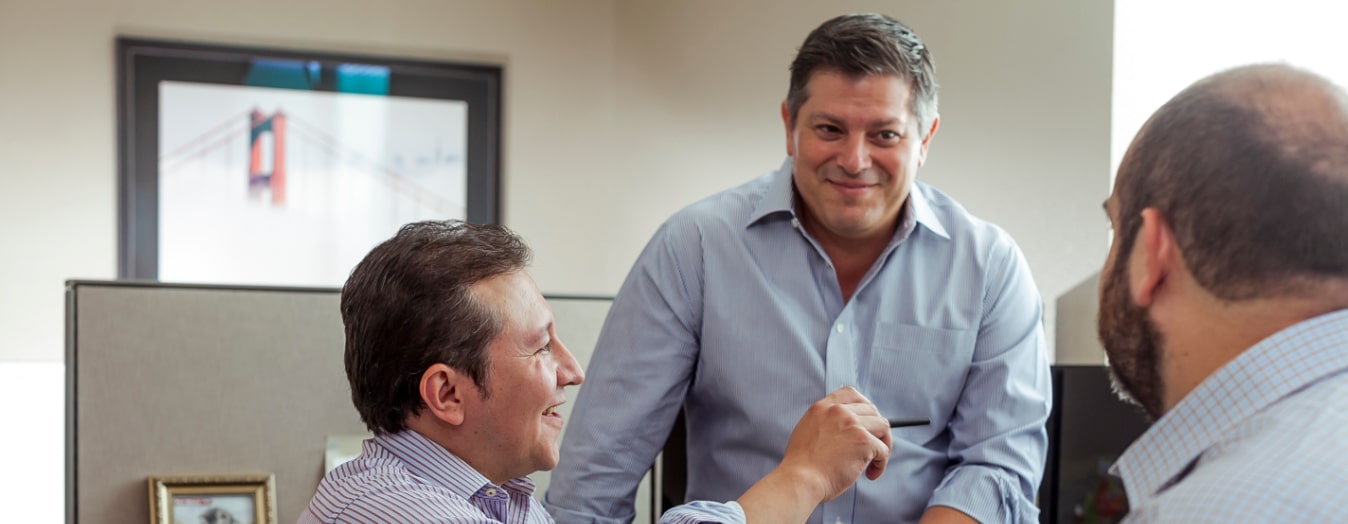A successful career in packaging begins with a great job interview. While some candidates elect to go it alone and take their chances, working with a packaging recruiter is a safer option. Yet, to ensure they make the most of their opportunities, job seekers need to meet them halfway. Here’s what the pros recommend.
Be Honest With Your Recruiter
While it’s tempting to stretch the truth – or omit negative/embarrassing details – being honest with your recruiter is always the best policy. After all, the recruiting mission is about representing you and bringing stability to an otherwise unpredictable process. Recruiters work tirelessly to uncover your authentic story and position you as the logical choice for employers.
But it’s hard to do without the facts.
Don’t worry – a few mistakes in your packaging career is nothing to be ashamed of. Everyone has ups and downs and veteran recruiters will never judge your past. However, you must be transparent and provide details when asked.
Otherwise, seemingly minor issues may come back to haunt you. Like when a background check reveals an oversight (and it’s too late to spin it in your favor). Or a non-compete agreement surfaces which limits your options. Sooner or later, the truth will come out.
Don’t get caught off guard when it does.
Never Stop Communicating
Along with honesty, great communication skills are paramount for a successful packaging job placement. When your recruiter asks for information, be quick to provide it. Ideally, you should reply within 24 hours.
If you can’t respond (for whatever reason), communicate via text or email and let your recruiter know why.
Keep in mind that if your recruiter requests something, there’s a reason why. The data is likely needed to either strengthen your proposal or clarify any possible misunderstandings. Both of which work in your favor.
Occasionally, candidates are hesitant to respond because they feel like recruiters leave them hanging. Yet, that’s rarely the case. Recruiters provide as much information as possible at any given time, but sometimes there’s nothing new to report.
Serving as an intermediary between clients and employers means waiting is part of the process. Negotiations take time as one side typically weighs all information before responding to the other. Rest assured your recruiter is working behind the scenes to protect your interests.
So, don’t “ghost”, disappear, or stop responding. Stay present and engaged (and your recruiter will do the same).
Consult With Your Recruiter Before Negotiating
A common mistake in interviews is to mention compensation too soon. It’s understandable why – pay and benefits are an important part of the equation. However, these elements are far easier to negotiate once you’ve made your case.
To protect your interests, talk to your recruiter before discussing compensation. They negotiate deals every day and understand the value of qualified packaging executives in today’s economy. Their guidance can help to ensure you’re not undervaluing yourself or your abilities
Most will advise you to be warm and friendly and build rapport during the interview. They’ll also recommend that you frame your skills and experience in a way that benefits the employer. Finally, articulate how bringing you on board will increase productivity, revenue, or otherwise strengthen the organization.
In other words, sell them (on you).
Keep in mind that recruiters strive to ensure a win-win in all aspects of a placement. Which includes compensation, benefits, and any other number of perks.
Besides, with it comes to career growth, having an ally in your corner only makes sense.
Recruiters Can Polish Your Messaging
Ever watched someone give an impassioned speech – only to be distracted by a small gaffe or faux pas? You’re transfixed on the blemish (rather than focused on the message). Careless mistakes with correspondence have the same effect.
No matter how qualified you are, overlooking the details can sink your chances.
And it’s usually the little things that trip you up. Like misspelled names on documents or forms. Mentioning the wrong person or company when providing information. Or failing to correct spelling and grammar errors in emails, texts, or resumes.
Minor details are easy to miss but have a major impact.
One way to avoid this issue is by funneling communications through your recruiter. Most are happy to proofread and double-check any correspondence before submitting to an employer.
Spell checkers and grammar apps can help, but they only go so far. Working with a recruiter who understands the language and flow of the hiring process often makes all the difference.
Packaging Employers Crave Authenticity
The advice your mom gave you as a kid still holds true – be yourself in interviews.
It’s tempting to inflate your skills or accomplishments to land a job but doing so causes problems later on. After all, you’re putting on a front to win the employer over, but how long can you keep it up? And what happens when you stop trying?
A big part of packaging career success is meshing with company culture and fellow employees. Being yourself is the only way to know if the fit is right (for both parties).
You want the employer to like you, but you need to be happy with them as well. And it’s hard to work for a company that doesn’t share your beliefs and values. You’ll be bored and unhappy, quit (or get fired) and end up back at square one.
Bottom line – don’t pretend to be someone you are not.
Professional Behavior Makes Candidates Shine
Whatever happens, remain professional at all times. Don’t lose your cool and lash out or say something you’ll regret later – no matter how frustrated you become with the interview process.
Emotional outbursts or unprofessional reactions hurt your chances.
Even if you don’t feel it’s the right fit, making a good impression can still pay dividends. Smile, answer any questions they have, and thank the employer for their time and the opportunity.
Doing so leaves you in a better position should anything else come up. If offered constructive criticism, be gracious and accept it. Whether it comes from the interview panel or your recruiter.
Because there’s always room for improvement.
Conclusion
Working with an experienced packaging recruiter is a smart move. The best ones know their niche well and specialize in finding opportunities that suit everyone involved. From companies and departments to employees and their families.
Look for agencies that research background information about your career path, are upfront regarding your strengths and weaknesses, and empathize with the hard times we’ve all had during our careers.
To get the most out of the experience, always put your best foot forward. Be honest with yourself and your recruiter, remain professional at all times, and pay attention to detail. When asked for information, respond in a timely fashion and don’t hide or exaggerate the truth.
In the end, the same qualities that drive a successful packaging career are the ones that get you hired in the first place.
Looking for more great strategies to grow your packaging career?
Download our FREE white paper and get insider advice.
Chase & Associates – We Have Your Back



